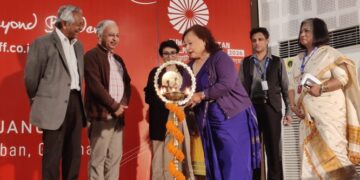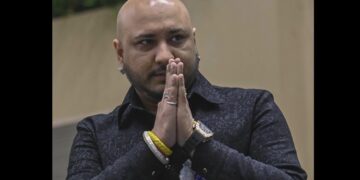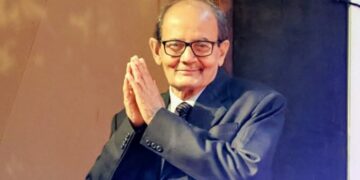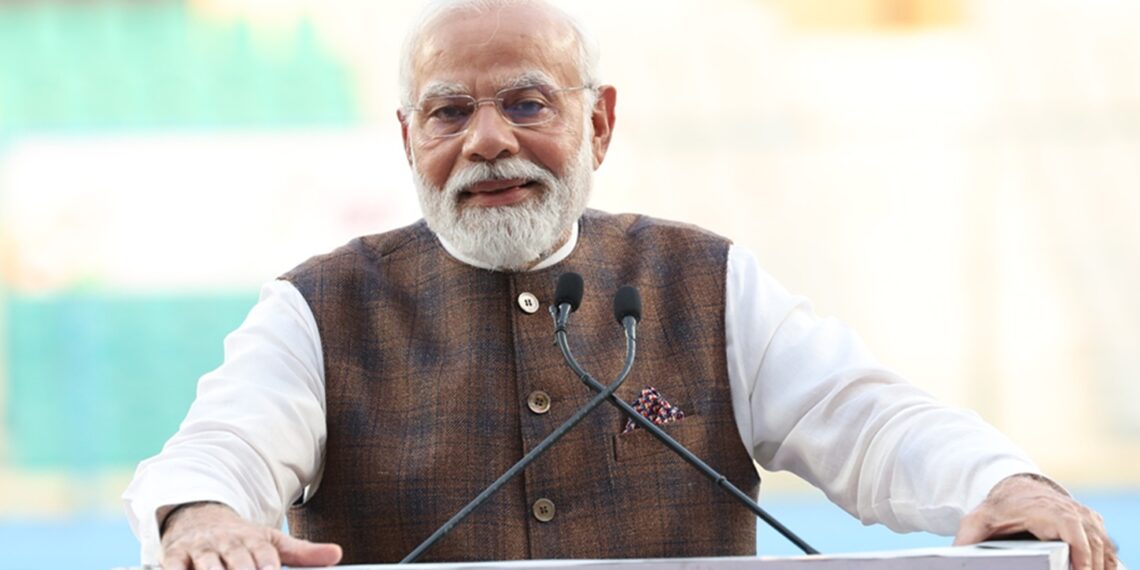A petition has been lodged in the Delhi High Court, levelling accusations against Prime Minister Narendra Modi for purportedly soliciting votes in the name of religion.
Filed by lawyer Anand S Jondhale, the petition centres on Prime Minister Modi’s address in Pilibhit, Uttar Pradesh, on April 9, urging action citing a breach of the model code of conduct.
In his petition, Jondhale contends that during his speech, Prime Minister Modi encouraged voters to support the Bharatiya Janata Party (BJP) by invoking “Hindu deities and Hindu places of worship, as well as Sikh deities and Sikh places of worship”.
Specific references were made to Prime Minister Modi’s remarks concerning the Ram Temple and speeches regarding the Kartarpur Sahib Corridor.
Highlighting alleged violations of the Model Code of Conduct outlined in Volume-III of the Compendium of Instructions under Rule General Conduct-I (1) and (3), Jondhale argues that Prime Minister Modi’s actions risk worsening existing societal divisions and tensions among different religious communities.
Earlier this month, Jondhale filed a complaint with the Election Commission of India (ECI), calling for the registration of an FIR against PM Narendra Modi under Section 153A of the Indian Penal Code.
Additionally, he demanded Modi’s disqualification from elections for six years under the Representation of the People Act, 1951.
However, Jondhale alleges that the ECI has yet to take any action in response to the matter.
In a parallel development, the Karnataka Pradesh Congress Committee (KPCC) has joined the fray, urging the ECI to address Prime Minister Modi’s alleged exploitation of religion to garner votes during an election meeting held in Mysuru on April 14.
KPCC spokesperson HA Venkatesh, in a statement issued on April 15, criticised Prime Minister Modi for resorting to religious rhetoric to sway voters, especially in light of his perceived failure to deliver on promises.
Venkatesh highlighted the need for the ECI to take decisive action against what he termed as “provocative speech”, reflecting concerns over the ethical conduct of electoral campaigning.















